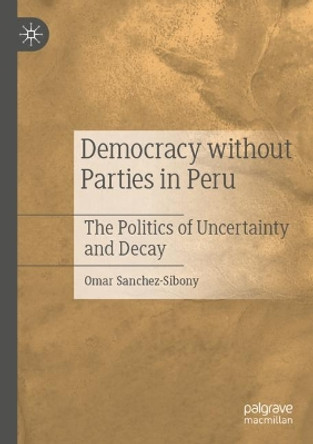Description
Spain is a notable exception to the implicit rules of late twentieth-century democratization: after the death of General Francisco Franco in 1975, the recovering nation began to consolidate democracy without enacting any of the mechanisms promoted by the international transitional justice movement. There were no political trials, no truth and reconciliation commissions, no formal attributions of blame, and no apologies. Instead, Spain's national parties negotiated the Pact of Forgetting, an agreement intended to place the bloody Spanish Civil War and the authoritarian excesses of the Franco dictatorship firmly in the past, not to be revisited even in conversation. Formalized by an amnesty law in 1977, this agreement defies the conventional wisdom that considers retribution and reconciliation vital to rebuilding a stable nation. Although not without its dark side, such as the silence imposed upon the victims of the Civil War and the dictatorship, the Pact of Forgetting allowed for the peaceful emergence of a democratic state, one with remarkable political stability and even a reputation as a trailblazer for the national rights and protections of minority groups.
Omar G. Encarnacion examines the factors in Spanish political history that made the Pact of Forgetting possible, tracing the challenges and consequences of sustaining the agreement until its dramatic reversal with the 2007 Law of Historical Memory. The combined forces of a collective will to avoid revisiting the traumas of a difficult and painful past and the reliance on the reformed political institutions of the old regime to anchor the democratic transition created a climate conducive to forgetting. At the same time, the political movement to forget encouraged the embrace of a new national identity as a modern and democratic European state. Demonstrating the surprising compatibility of forgetting and democracy, Democratization Without Justice in Spain offers a crucial counterexample to the transitional justice movement. The refusal to confront and redress the past did not inhibit the rise of a successful democracy in Spain; on the contrary, by leaving the past behind, Spain chose not to repeat it.
Rather than seek retribution and reconciliation, Spain's political leaders agreed to place the Civil War and the Franco dictatorship in the past. Omar G. Encarnacion examines the political factors that made possible the "politics of forgetting" and explores the advantages and consequences of democratizing without confronting the past.
About the Author
Omar G. Encarnacion is Professor and Program Chair of Political Studies at Bard College and author of Spanish Politics: Democracy After Dictatorship and The Myth of Civil Society: Social Capital and Democratic Consolidation in Spain and Brazil.
Reviews
"Omar Encarnacion has written a learned, thoughtful, and indeed humane critique of those who believe that there are universal solutions to the problem of nations coping with a recent history of conflict and oppression. His book should find readers well beyond Iberian specialists. He raises some of the most important questions of our time, and they concern us all." * Ian Buruma, author of Year Zero: A History of 1945 *
"A first-rate piece of scholarship that undertakes a detailed empirical analysis of a controversial and important issue, leading to a well-founded conclusion that challenges the conventional wisdom." * Richard Gunther, Ohio State University *
Book Information
ISBN 9780812245684
Author Omar G. Encarnacion
Format Hardback
Page Count 256
Imprint University of Pennsylvania Press
Publisher University of Pennsylvania Press








